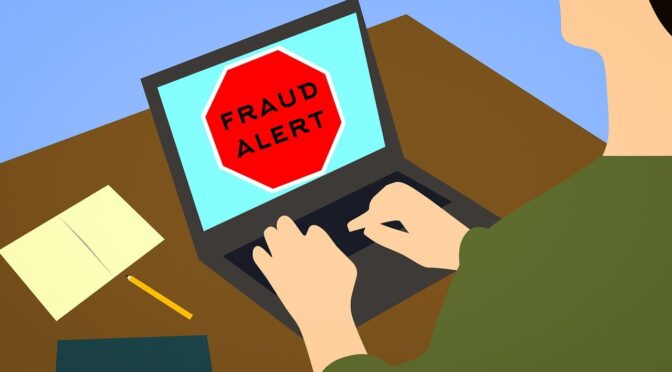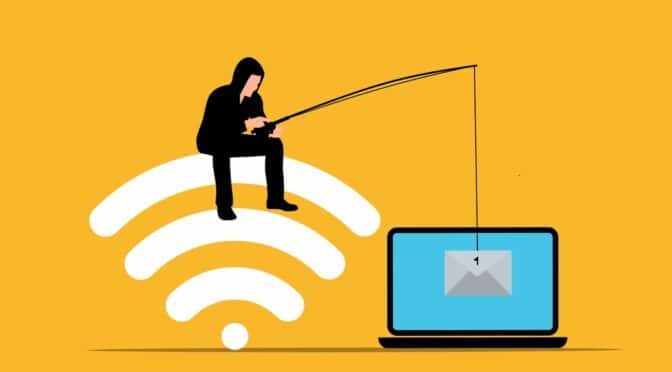How many high pressure sales pitches have you heard for credit cards that hide the truth about their interest rates? When it happens in a medical professional’s office, it’s particularly bad. That’s why the Consumer Financial Protection Bureau (CFPB) is cracking down on hidden interest for medical credit cards.
The CFPB ordered GE Capital Retail Bank and its subsidiary, CareCredit, to refund up to $34.1 million to more than 1 million victims of deceptive credit card enrollment tactics. These people signed up for credit cards in doctors’ and dentists’ offices, often when they were faced with big medical bills.
They thought the credit cards were interest free, or that they could skate by during a promotional period when there was no interest. Instead, they were shocked to learn the interest rate clock started kicking in from sign-up day if they didn’t pay off the balance in full at the end of the promotion.
CFPB Director Richard Cordray says, “Medical debt is already a big problem for many Americans. Poor credit card transparency should not be making the problem even worse.”
CareCredit is sold in 175,000 dental, cosmetic, vision, and veterinary care offices around the country. Doctors, dentists and other medical providers and their office staffers sell it as a payment option and about 4 million people have active accounts.
About 85 percent are in deferred-interest financing plans during a promotional period that lasts from six to 24 months. The tricky thing is that CareCredit assesses 26.99 percent annual interest on a consumer’s balance throughout the promotion. If the consumer pays off the balance, fine. But most don’t pay it off, and if there’s any balance left, the consumer is liable for all of the accrued interest.
The CFPB says that since January 2009, consumers who signed up for the credit card didn’t get adequate explanations about the interest and what would happen when it kicked in.
GE Capital Retail Bank and CareCredit will have to:
- Create a $34.1 million reimbursement fund
1. They will have to notify customers that refunds are due, and the process will be handled by an independent adjudicator
- Full Disclosure
1. CreditCare will have to adequately disclose terms to consumers and include a warning at least 72 hours before a promotional period is ending.
2. For transactions of more than $1,000, customers will have to enroll directly through CareCredit and not through a doctor’s office.
- Training for Doctors’ Staffers
1. CreditCare will have to train personnel in doctors’ offices to fully disclose the details about interest and the credit card contract.


